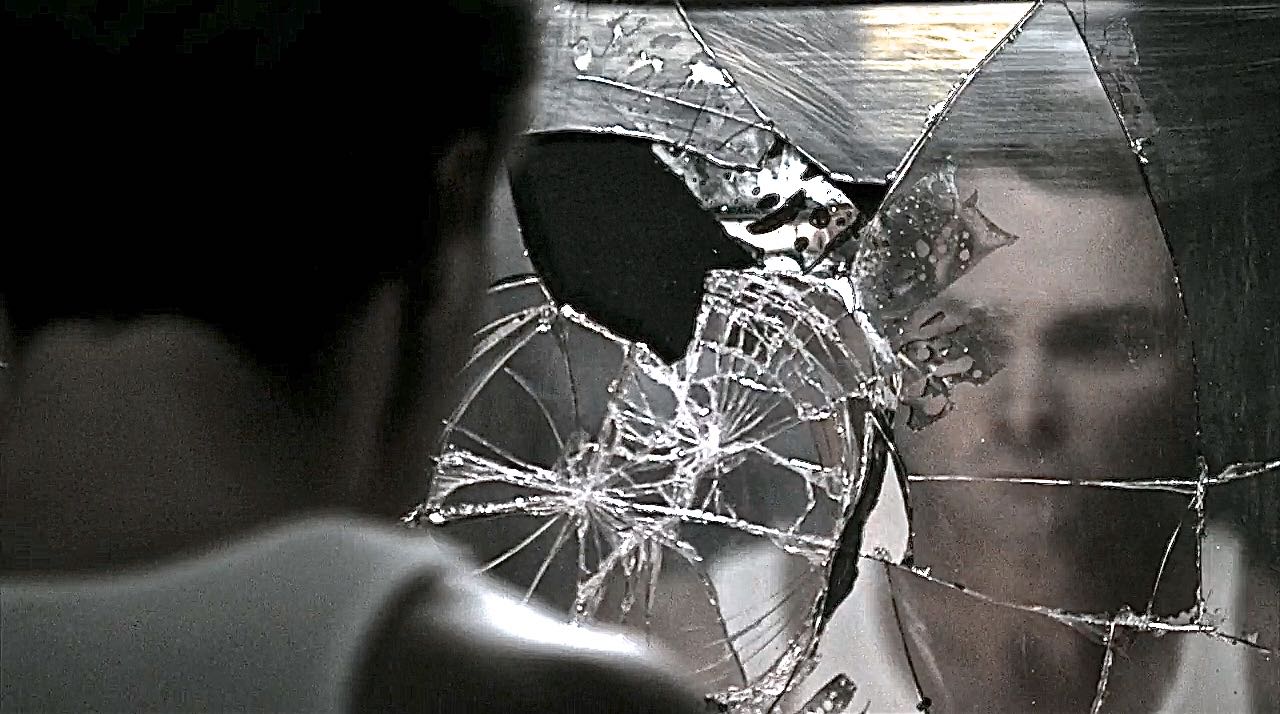Kerby Anderson
As more politicians and policy makers debate how to open up cities and states, questions about medical risks versus economic concerns dominate those discussions. But there is another risk that deserves to be considered: mental health risks. The consequences of an economic shutdown spill over into the mental health arena.
First, let’s dismiss one statistic that has been floating around since the 2015 movie, The Big Short. Brad Pitt plays the character Ben Rickett who warns two investment bankers that when “every one percent unemployment goes up, 40,000 people die.” It is an alarming statistic, but very questionable. The basis for this percentage goes back to research in the 1970s and has been challenged.
When more than 20 million Americans have filed for unemployment, you can see that we are headed toward something that looks like the Great Depression. One Federal Reserve economist grimly predicted the unemployment could reach 32 percent. Let’s hope that economic model is way off.
What are the risks? You find slightly different numbers that are within a small range. The National Bureau of Economic Research found that with every one percent increase in unemployment, there was a one percent increase in suicides and a 3.6 percent increase in overdose deaths (while another study found a 3.3 percent increase).
An analysis by the Centers for Disease Control and Prevention found that the death rate for Americans ages 25 to 44 rose by eight percent from 2010 through 2015. They concluded that the financial crisis did not create the opioid epidemic but accelerated it along with other “deaths of despair.”
While we are considering the medical risks and financial costs, we also must keep in mind the mental risks as well.
 Listen Online
Listen Online Watch Online
Watch Online Find a Station in Your Area
Find a Station in Your Area











 Listen Now
Listen Now Watch Online
Watch Online
